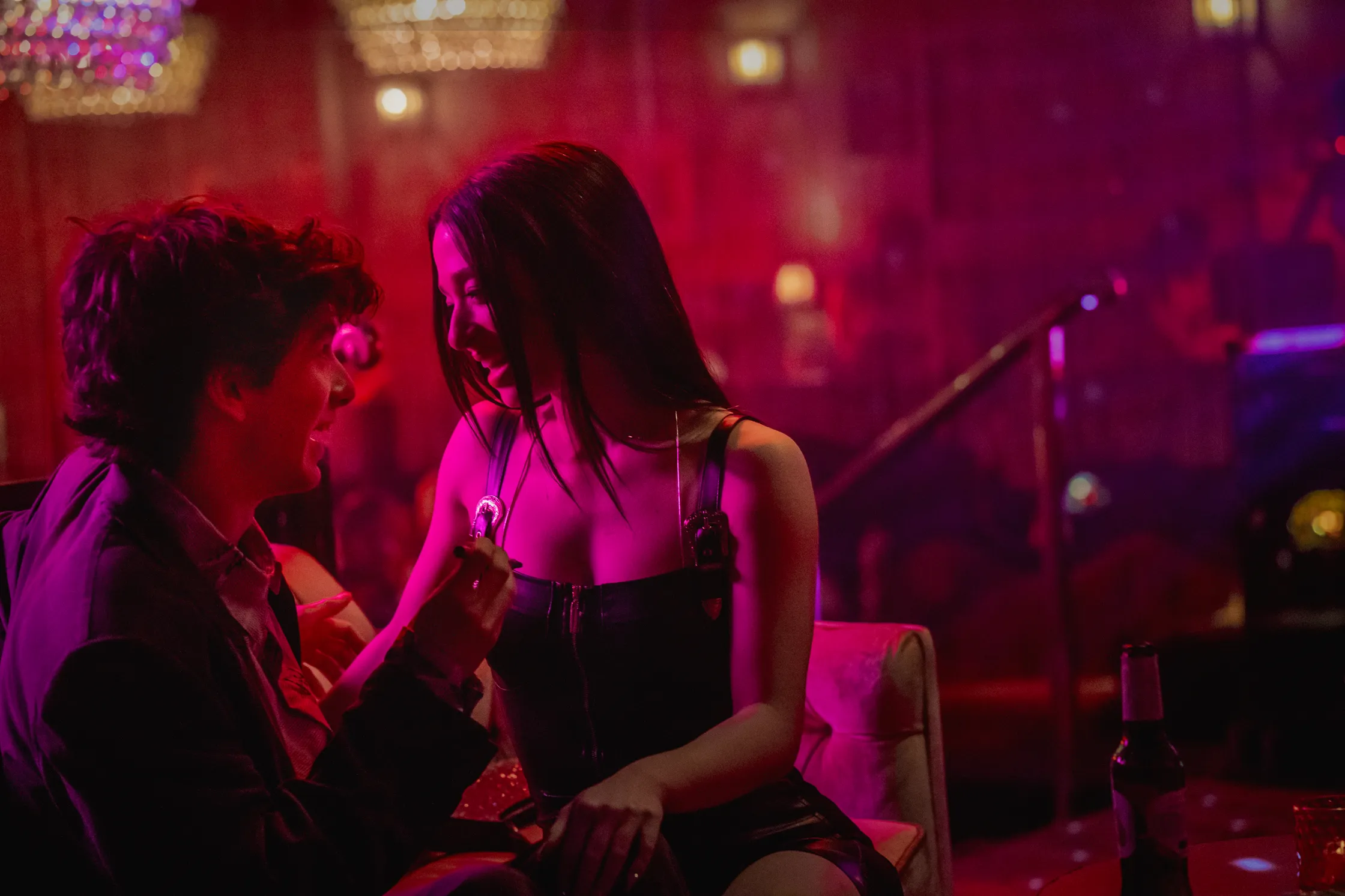ANI’S RULES— ‘Anora’ and the Beauty of Breaking Everyone
There’s a moment in Anora where the room detonates. Not with an explosion, not with gunfire—just Mikey Madison, a wedding dress, and a pair of Russian goons trying to reclaim their family’s dignity from a strip club Cinderella. It’s chaos. Beautiful, blistering chaos. And it’s in that moment you understand what Sean Baker’s latest Palme d’Or-winning film really is: not just a satire, not just a tragedy—but a demolition job.
Set between the blunt fluorescent lights of a Brooklyn strip club and the sterile emptiness of oligarch mansions, Anora is less about love and more about leverage. Mikey Madison—unhinged, seductive, impossible to ignore—plays Ani (née Anora), a dancer fluent in Russian, English, and survival. She’s sharp in a way that scares men who pay for fantasy. She plays dumb, but there’s no confusion about who’s in control. Not really.

Then enters Vanya, played with a naïve limpness by Mark Eidelstein: a rich boy with more inheritance than self-awareness. He wants Ani to be his girlfriend for the week. She negotiates. They fall into something resembling love—or lust, or loneliness, or maybe a business arrangement wearing a pretty dress. Vegas happens. The contract becomes a marriage certificate. Cue the slapstick heartbreak.
Baker shoots this with the pulse of a bad trip: fuzzy at the edges, darkly glittering at the center. You don’t watch Anora, you stumble through it. It’s all crash and come-up, strip lights and broken glass. Think Pretty Woman, if Julia Roberts had a switchblade in her garter and no intention of being saved.

Madison’s performance? Unfathomably good. She’s hysterical and haunted, magnetic and monstrous. She makes Ani not just a character but a contradiction. Is she a victim? Is she a con? Does she even know anymore? Baker lets these questions hang like cigarette smoke. By the time the final scene arrives—devastating, uncomfortable, perfect—we’ve stopped asking for answers. We’re too busy trying to breathe.

What makes Anora sing is not just its blistering honesty, but its understanding of performance—who performs for whom, and at what cost. Ani knows the rules: be pretty, be pliable, don’t bite the hand that funds the fantasy. And then she rips them up, one by one. There’s blood on the pages and mascara on her cheeks.

This isn’t just a film about class, power, or transactional love. It’s about the price of the happy ending. And the girl who refuses to sell it.